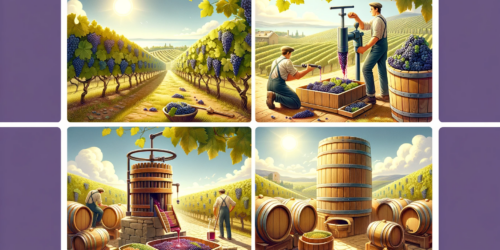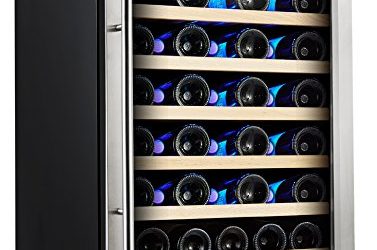Crap wine, plebs, snobbery and the whole class debate – sorted
Crap wine, plebs, snobbery and the whole class debate – sorted.
As the recent ‘pleb’ debate surrounding Tory Chief Whip Andrew Mitchell has unfolded, many of us have been reminded that Britain still struggles with issues of class. It is no coincidence that among senior politicians there are an extraordinary number of Etonians and graduates from top universities – we can’t seem to get away from the fact that ultimately a privileged life and a good education will be more likely to secure you a position of authority. As for me, I was just grateful that the word ‘pleb’ has found its way back into circulation. It has been so underused in recent years.
Also this week I’ve been reading on Harpers.co.uk here that Damien Wilson, director of the Burgundy School of Business has warned that the industry needs to be careful not to tell drinkers that 90% of the wines they drink are ‘crap’, for fear of alienating them and putting them off drinking wine altogether. It’s an interesting debate as it does sometimes seem like the wines that are the most popular, those that advertise on TV and sponsor popular programmes are pretty much ignored by the industry – we don’t consider them worthy of our finely tuned palates. It is a kind of snobbery that probably most of us in the trade just accept without really questioning it.
Our industry seems to attract a class debate all of its own. Fine wine is very expensive – most of us can’t afford to buy it. But we still want to try it, so we attend tastings. Some of them are like happy hour in the House of Commons, packed full of bellowing men with red noses in pinstripe suits. There seems to be an unspoken tussle between those who want to avoid alienating new customers, like Wilson, because they are vital to the future of the industry, and those who want to distinguish themselves from the people that drink the ‘crap’ wine that most of us are so quick to slate (myself included – read my rant about the bottle I bought from Family Bargains here). The message seems to be ‘drink wine, but you won’t be one of us unless you drink the wines we have pre-approved.’
Thinking back to the first time I tentatively bought myself a bottle of wine, I genuinely didn’t know what to buy. I was influenced by what my parents used to drink and tended to buy things like Mateus Rosé and Vinho Verde because I liked the look of the bottles and recognised the names. And you know what, that first taste of Mateus Rosé, with its easy strawberry flavour and gentle spritz, was probably a defining moment for me. I liked it, it confirmed I liked wine, and I wanted to taste more. I started to read and learn about wines. I bought them from Tesco or Morrisons at first, until I worked up the courage to go to one of the specialist wine stores, a shop that I later ended up working in for several years. And I’m sure the helpful shop assistant that I spoke to didn’t think I was a pleb just because I said I liked Mateus Rosé.
I don’t know if we are alienating people or not – if people drink wines that we consider to be crap, and enjoy them, then what’s the problem? They are not exactly subscribers to Decanter – rather they are busy people who have bought something that they want to drink. And they might never drink anything other than their crap wine of choice, and that’s fine too. But at some point they might make a choice to try something different, like I did – and that’s when we have a chance to get their attention.
I think we can crudely identify three stereotypes in the wine industry. There are the privileged types that can afford fine wine and will really never change, and our industry needs them, whether we like it or not. Then there are the people that buy ‘crap’ wine – they might also buy beer or cider or vodka or gin but they choose to buy wine and consequently they support our industry too and whether or not we convert them to wines we consider to be ‘good’ is irrelevant because our industry needs them too.
Then there is this third group in the middle – who are passionate about wine, and always looking to taste something different and better. And the industry needs us most of all – we are the ones that support our local merchants and will influence our friends that like ‘crap’ wine to try something new. We recognise that there is a lot of snobbery in our industry but fundamentally we don’t care that much – you can buy into the snobbery, or you can try to change things, or you can see the funny side and just recognise that we all look the same when we’re staggering home.





